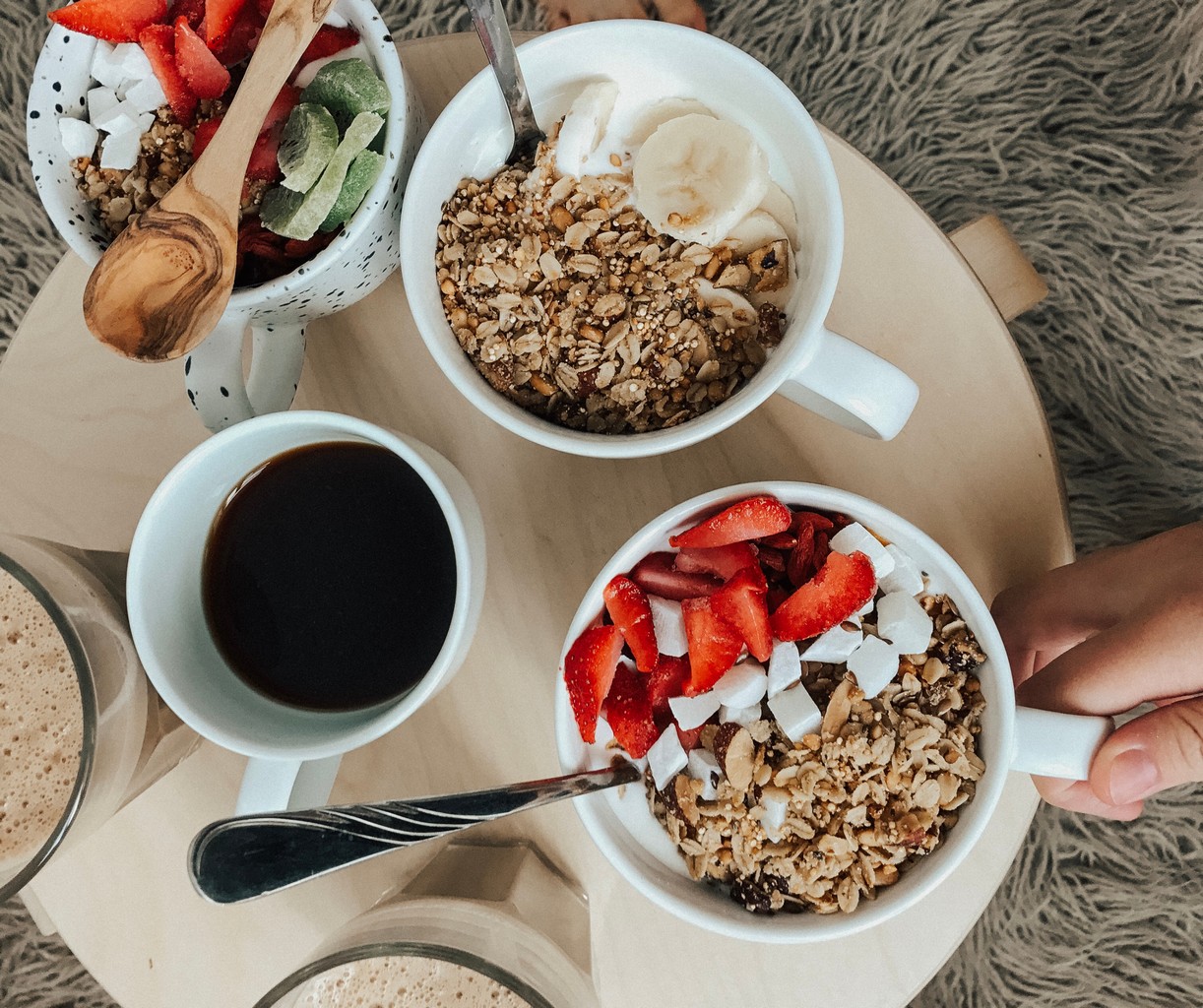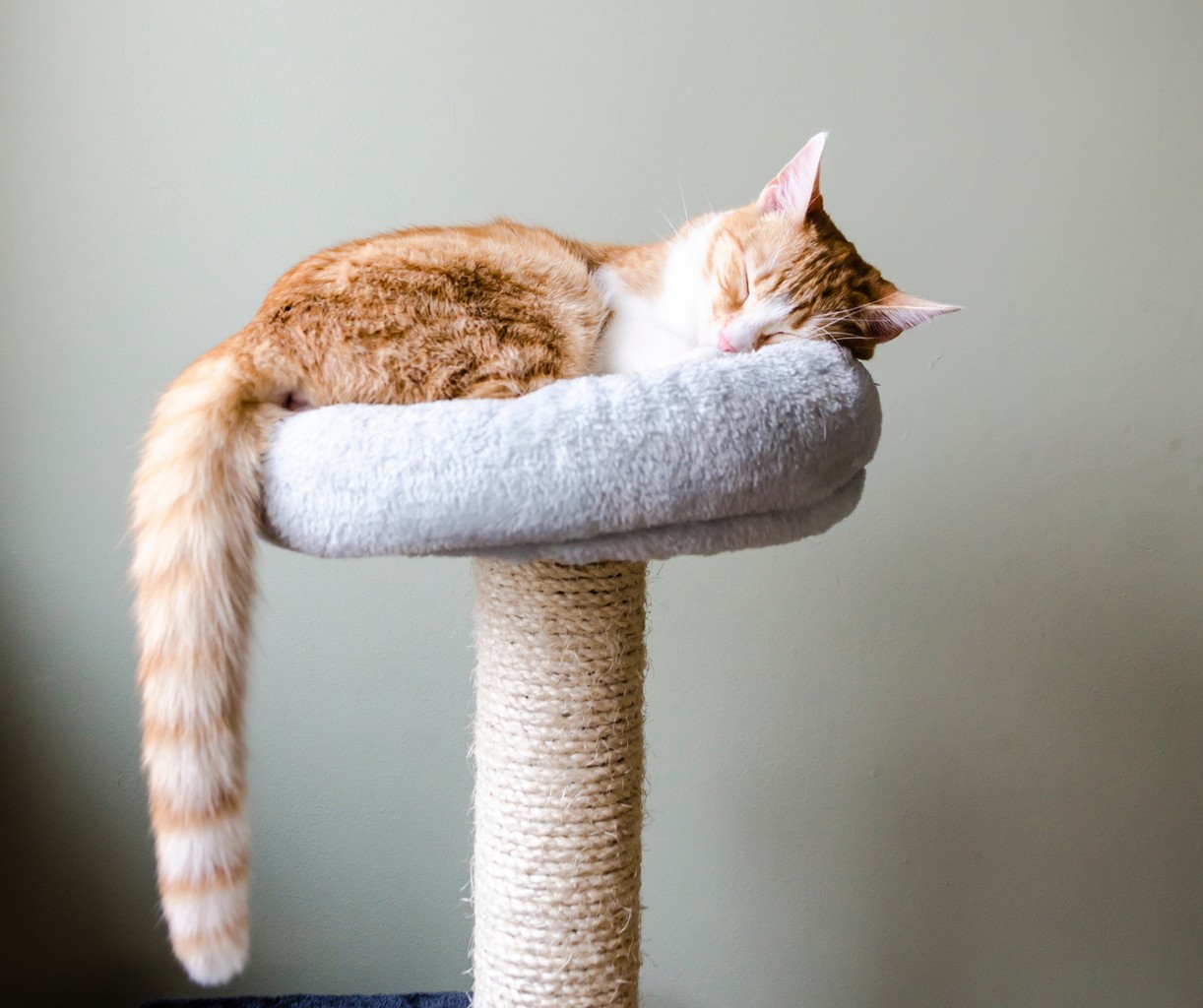It’s the middle of a long workday and your brain is feeling fuzzy. You’re unmotivated, it’s difficult to remember important information, and your mind is taking every opportunity to drift. You might be experiencing brain fog, a term used to describe a set of symptoms that impact your ability to think.
Brain fog is a temporary condition that can make it difficult for you to concentrate, recall or retain information, and complete tasks
If you are a dancer who is struggling with learning or remembering a choreography, this might be the reason.
Brain fog isn’t a scientific term itself; it is a mild cognitive dysfunction that may be caused by many different conditions and reasons.
You might be suffering from brain fog if you have a poor diet, if your body is dehydrated, if you are taking certain medications (such as those for anxiety and depression), if you have hormonal changes and chronic stress.
There are so many different factors related to brain fog and there’s no one-size-fits-all way of treating it.
If your brain fog is disrupting your everyday routine or making it hard to perform daily tasks, you should make an appointment with a healthcare professional. But, if all you’re experiencing is a little bit of fogginess, it might be worth it to test out a few lifestyle changes.
Take a real break

Have you ever felt like you just couldn’t get yourself to focus on a task, no matter how hard you tried? Well, research suggests the solution isn’t to try harder. It might be best to momentarily quit.
To give your brain a more efficient break, try:
- Meditating. Just a few mindful minutes can increase concentration according to researches.
- Calling a friend or loved one. Researches also suggests social connection improves brain function.
- Taking a power nap. Naps may strengthen memory retention and cognition.
- Doing something creative. This might include painting, writing, coloring, dancing, cooking, or baking. Creativity is a worthy opponent to stress.
- Going outdoors. Nature has a positive impact on your mental health.
Eat (and drink) to feel good

Sticking to a balanced diet will help you perform more consistently throughout the day.
You don’t have to make dramatic changes right away. Instead of removing the “unhealthy” foods you regularly eat, start by making nutritious additions to your meals and snack times.
- Eat foods that are high in antioxidants
Food with high antioxidants such as blueberries, oranges, and nuts help reduce oxidative stress in the body, which can have a positive effect on the brain and body.
- Watch Out For Sugar
Your brain uses glucose (sugar) as fuel, but refined carbohydrates like sugar and high fructose corn syrup are not good sources of fuel. Your brain gets a burst of too much glucose, then too little.
Low glucose in your brain leads to brain fog, mood swings, irritability, tiredness, mental confusion, and impaired judgment. On the other hand, high blood glucose levels lead to insulin resistance and diabetes, both of which have been linked to Alzheimer’s.
- Increase The Fat In Your Diet
To keep your brain healthy and to get rid of brain fog, we recommend a diet of roughly 50% healthy fat from nuts, avocados, coconut oil, olive oil, wild salmon, eggs, and grass-fed meat.
Vitamin D, vitamin B12 and Omega-3 essential fatty acids deficiencies are likely to manifest themselves as brain fog.
Get moving

You might have heard people comparing your brain to a computer, but the truth is a lot more complicated than that. Your brain and body are intimately connected. So, if your mind’s feeling off, it might be helpful to get moving.
Scientists have associated a wide variety of exercises with improved brain function. A 2016 studyTrusted Source found that exercise promotes the expression of proteins in the brain that enhance brain function and reduce instances of anxiety and depression.
A few activities you can try:
1. Walking. Even 10 minutes walking may boost your mood, according to researches.
2. Yoga. Studies show that yoga can reduce stress, anxiety, and depression.
3. High intensity exercise. It’s been found to improve cognitive function.
4. Stretching. It has been discovered that stretching may improve insomnia.
5. Gardening. According to researches, gardening can reduce anxiety and depression while increasing life satisfaction. Plus, harvesting your own fresh vegetables is motivating and delicious.
Go easy on the caffeine and alcohol

But when it comes to these two substances, it’s important to consider the difference between our understanding of “moderation” and what the science actually says.
Caffeine can cause jitters, headaches, insomnia, upset stomach, and rapid heart rate, especially if you have a caffeine sensitivity.
According to Food and Drug Administration your coffee intake should be no more than 4 to 5 cups. Keep in mind that it’s actually very easy to reach that 4 to 5 cup maximum without realizing it. Believe me I know. For example grande coffee at Starbucks equals to 2.5 cups.
The same goes for alcohol. Alcohol is both a stimulant and a depressant, which significantly impairs cognitive functioning. Once the levels of alcohol in your body decrease, withdrawing from the substance can cause fatigue, headache, vertigo, hangxiey and other symptoms of brain fog.
Researches associate chronic alcohol use with increased inflammation in the brain and body. It is found that it might even increase the change of cognitive impairments and neurological disorders such as dementia.
Prioritize sleep

We’ve all made the connection between sleep and tiredness, but the effects of sleep deprivation on the brain and body are extensive.
Poor sleep affects your ability to make decisions, solve problems, and control your emotions. And sleep deprivation can increase your risk for chronic health problems such as high blood pressure, obesity, and heart disease.
Prioritize sleep with these simple lifestyle changes:
• Go to bed and get up around the same time every day. Try to stick to this even on weekends, if you can swing it.
• Wind down at least 1 hour before bed by shutting off your electronics, which are associated with a higher incidence of insomnia shorter sleep duration.
• Avoid nicotine and caffeine (at least in the evening), which are stimulants that can interfere with sleep.
• Keep your room dark with blackout shades, if necessary. You can also run a sleep sound machine to mask street or household noises.
You may find relief from brain fog by improving your diet and sleep regimen, adding creativity to your daily life, and taking proper (phoneless!) breaks throughout the day.
For most of us, brain fog is related to lifestyle or temporary stressors. But if your fogginess is accompanied by other symptoms and is significantly impacting your ability to function, it’s worth talking with your healthcare professional to rule out potential underlying conditions.
Remove the Toxins in Your Home

Although outdoor pollution can cause cognitive problems, indoor air pollution is often ten times more prevalent!
Many household cleaners have toxic chemicals in them and just inhaling them can be detrimental to your health. Molds, dust, pet dander, pollen, perfume, air fresheners, and cigarette smoke can get trapped inside the average home, creating even more of this chemical stew that might cause brain fog and fatigue.
Things you can do:
1. Switch to natural cleaning products and personal care products
2. Don’t smoke inside — not even if you open the window!
3. Unplug your air fresheners
4. Run a HEPA air filter in your bedroom to lighten your toxin load while you sleep.
